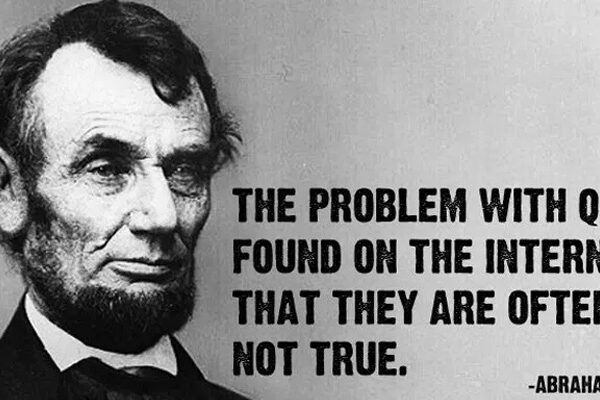*Disclaimer: Extreme Amounts of Sarcasm
Hello Writers and Readers, and welcome to the absolutely non-controversial topic of environmentalism, or to put into fewer words, for you, and most definitely not us (it’s definitely for us). The concern for what is happening to nature, and possible action to prevent damage. However we wanted help with this weeks post, and that help has come from the awesome author and YouTuber, Terrible Writing Advice, who gives advice but in heavy doses of sarcasm, that you may have noticed in the disclaimer under the video. We can full-heartedly suggest you go check his channel out if not for writing advice, then for the shear entertainment that comes from it. And for those of you who have a bit of trouble understanding sarcasm, we have devised a sort of reverse summary for you to understand the underlying themes of the video. Anyway, enjoy!
Reverse Summary
Author’s often feel as if it’s a requirement of the job to add some deep meaning to their story, which is incorrect, as shoehorning in a moral can look out of place and can also draw a reader out of the story. But, if you do want to include a moral into your story, like say a complex topic such as environmentalism, you have to be prepared with actual research on the subject, so that you don’t look like you don’t know what your doing. And prep your story from the beginning for this moral, otherwise it will look forced, and that’s mostly because it was. Environmentalism is also a good way to show the complex workings of a new ecosystem, whether it be our own or an entirely different world. Make sure to create an actual realistic nature scenario, where nature is more than bunnies and butterflies, but also the eagles and the wolves that come with it. A common villain in these types of stories is the evil corporation that is trying to destroy some kind of natural thing, but authors often make the mistake of making the company pure evil for no discernible reason. You need to create an actual company that operates under the rules of making money and keeping up their reputation with the public. Also don’t make one side completely good, and the other completely bad, make some morally gray areas in between. Try and remember that there are other issues in the world other than the big corporation, there are the people that built up that business, don’t forget them. And also don’t end a story without supplying some sort of solution, try and challenge the reader in what they know, make them actually think about what is going on in their own world.
Thanks for hangin out, and see you all next week!
Links
Visit TWA’s channel by clicking here.
Visit TWA’s website here.
Also find Terrible Writing Advice on Facebook and Twitter, @JosephPBeaubian (Twitter) and @authorJPBeaubian (Facebook)
Also buy his book by clicking here.








